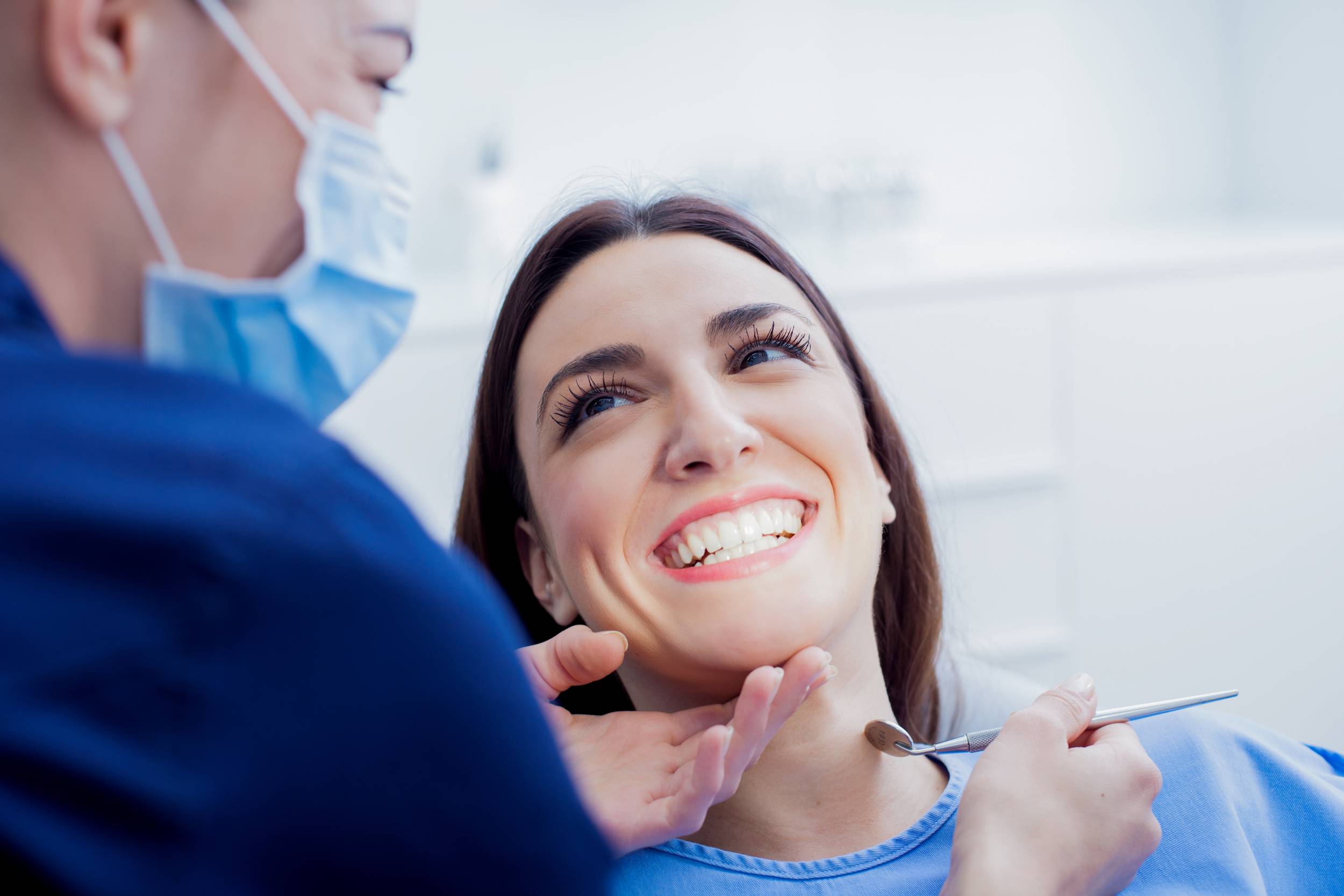
If you have a gum infection, which is also known as periodontal disease, you may need periodontal surgery. This can help to remove bacteria from your mouth. It can also help reshape the bones in your jaw that support your teeth. That way, future gum damage can be prevented easily. This also makes it easier for you to clean your teeth.
Preparing for Surgery
A few weeks before surgery, you might need to stop taking some types of medications. This can include aspiring, blood thinners, and pain relievers. You should also stop smoking or drinking alcohol about 24 hours before having the surgery. You may need to start taking an antibiotic beforehand. This can reduce your likelihood of having an infection.
The Procedure
Flap surgery is common for gum disease. The periodontist will make small incisions in the gum. Then the sections of tissue will be lifted back. The surgeons can then remove tartar and bacteria from the area. You may have a protein gel placed too.
The gums can then be sutured back into place so the tissue will fit firmly around the teeth again. Once you have healed from this procedure, you will find it much easier to clean your gums and teeth again.
Sometimes, your gums may have receded. If this is the case, you can get a gum graft to restore the missing tissue. You may get the graft from the roof of your mouth. Or you might have donor tissue that will attach to the area where you do not have enough of your own tissue.
In more advanced stages of gum disease, you might need to have a bone grafting procedure as well. The periodontist will place a bone graft on the area where the bone is lacking. Over several months, the bone will integrate with your existing bone.
Recovery
The length of time it takes you to recover will depend on how advanced the gum disease is. The type of procedure and your overall health will also play a role. You should follow all of your periodontist’s instructions carefully. During the first day, you can expect to have some discomfort and minor bleeding. You will probably be able to resume your normal activities about a day after the surgery.
It is a good idea to quit smoking while you are recovering. This can interfere with how your body will heal. It is good to avoid smoking for as long as possible after having periodontal surgery.
You might need to take an antibiotic after the surgery. You may also need to use a certain type of mouthwash as well. The periodontist will give you instructions on whether or not you should avoid brushing in some parts of your mouth. It is a good idea to stick with softer foods after having this type of surgery. You can eat foods such as yogurt, cottage cheese, and pasta.
If you would like more information on periodontal surgery, please contact Dr. John K. See’s office in Camarillo, CA, by giving us a call at (805) 920-8600 today.










